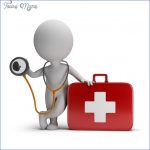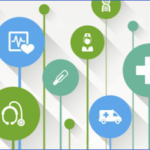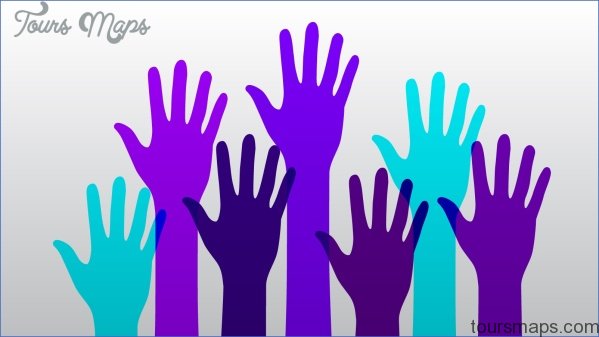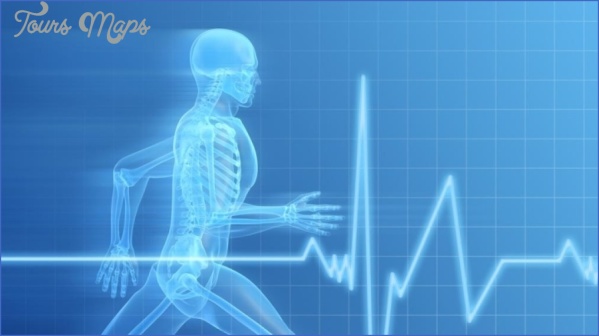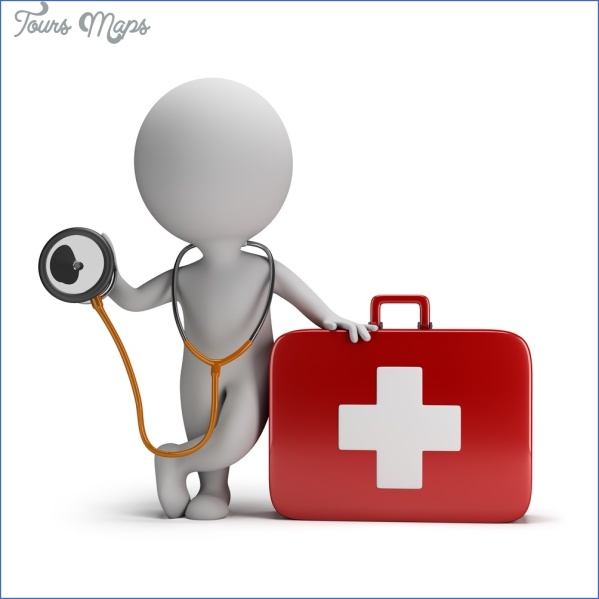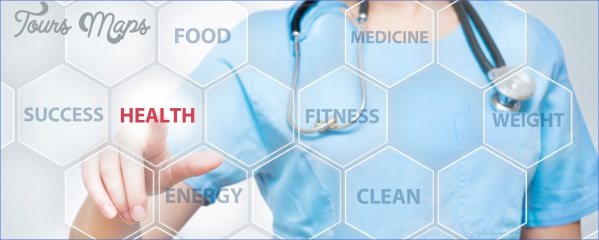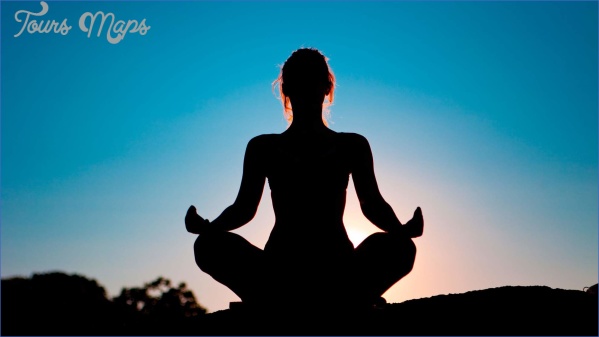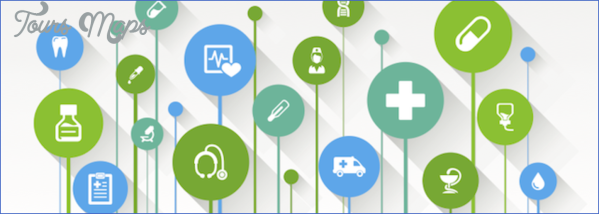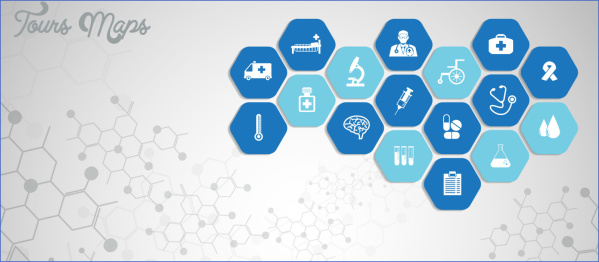Though I’ve seen many passengers with injuries sustained while on vacation, I’ve only required medical attention once. The situation was fairly simple as the resort had a doctor on call and I had insurance. But because I handle all the technical details when we travel, my husband didn’t know what to do. If I’d been totally incapacitated, the aftermath would have been complicated. Since then, we share information about possible medical emergencies.
Travel health insurance is one of my credit card perks, so I don’t need to buy extra, as long as I use that card to buy tickets or pay for accommodation. I highly recommend that you have some sort of insurance for medical emergencies away from home. You might already be covered through a supplemental health plan or like me, through a credit card. Call for an update before you leave and make sure every traveller has a copy of the policy number and their toll-free or collect call number.
Basic first-aid kit: Minor health problems can often be handled without a doctor’s help. I pack a first-aid kit with aspirins, bandages, anti-nausea pills (Gravol), allergy pills (Benadryl), anti-diahrreaa (Imodium). Brand name Cold FX (ginseng) can stop colds from progressing and cold and sinus pills or decongestants and throat lozenges will alleviate full-blown symptoms.
Recently I’ve added the homeopathic remedy carbo vegetabilis for indigestion relief and oral rehydration salts. Many of these items can be found in local pharmacies but they could be costly and not available when you need them most.
A drug-free treatment for diahrreaa is a diet of bananas and rice, recommended by a Quebec pharmacist that I met in Morocco. Sometimes an upset stomach is caused by too much spicy or unfamiliar fare; other times it’s from a bug in the water or food. If you’re advised to avoid drinking tap water, then follow the rules.
Prescription medicine: As I mentioned before, carry any important medication onboard. Be sure that prescriptions are properly labelled, especially with narcotics. Some pharmacies may prepare an extra travel-size bottle for you. Though most aircraft now have chillers, (cold air forced into trolleys), rather than real refrigerators, there’s usually room for medicine that must be kept cool. Label it with your seat number prior to handing it to a flight attendant and remember to collect it before the crew starts their landing preparations.
Stay grounded: There are definitely times when you shouldn’t get on a plane. Changes in pressurization onboard at altitude and during descent can cause painful cold and sinus side-effects and even permanent damage. Flying isn’t recommended immediately after surgery and some types of dental work. Pressurization can also cause swelling that makes wearing a cast uncomfortable. Scuba divers should respect timetables for flights after decompression diving.
First aid training: I was lucky enough to have annual first-aid training but anyone can sign up for a course on the basics. Knowledge of how to perform CPR, or the treatment for choking victims, are useful skills for both home and away.
Government agencies are a reliable source of up-to-date information on health advisories for many destinations, so be sure to check well in advance. Vaccines are available for some potentially debilitating diseases and immunization can be a smart choice.
HEALTH & MEDICAL EMERGENCIES ON TRAVEL Photo Gallery
FA TIP: When in doubt, it’s worth contacting a health professional. Pharmacists are often a great choice for quick health-related questions while travelling.
When I was an active crewmember, I could always count on my employer to get me out of any legal jams away from home. Of course, I had an obligation to act responsibly; still, knowing that a colleague or head office had my back was reassuring. Quirks of travel can inadvertently land you in some dodgy situations. This synopsis, adapted from an old union bulletin, uses Canadian citizens as an example, but may apply to other nationalities as well.
Laws and procedures dealing with body searches or searches of personal belongings vary greatly from country to country. For customs or immigration searches, you generally must submit. If searches go beyond reasonable expectations for safety or security or are associated with arrest and detention, you should seek legal advice from a local lawyer or Canadian consular officials.
Under the Vienna Convention on Consular Relations, signatory countries, (currently 173 state parties have ratified the convention), are obligated to permit an arrested or detained foreign citizen to contact and communicate with consular officials from their country of citizenship. If you have been arrested or detained, signatory countries are also obligated to inform you of your right to contact said consular officials, assist you in making contact with consular officials if you request and insure that consular officials are able to maintain regular contact or indirect contract with you as needed.
Though the convention states that these obligations should be carried out “without delay,” interpretation of this standard varies greatly by country, so you should try to ensure that it is done promptly.
Your right to contact consular officials is independent of your right to retain a local lawyer. In some instances, countries initially restrict arrested or detained persons to making one contact call. If so, you should contact consular officials first and have them arrange a lawyer. If you do contact a lawyer first, instruct the lawyer to contact consular officials on your behalf.
Maybe You Like Them Too
- Explore Doncaster, United Kingdom with this detailed map
- Explore Arroyito, Argentina with this Detailed Map
- Explore Belin, Romania with this detailed map
- Explore Almudévar, Spain with this detailed map
- Explore Aguarón, Spain with this detailed map




